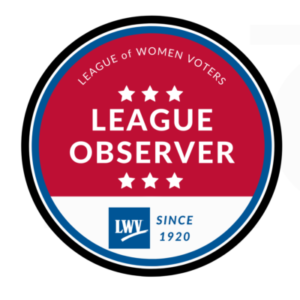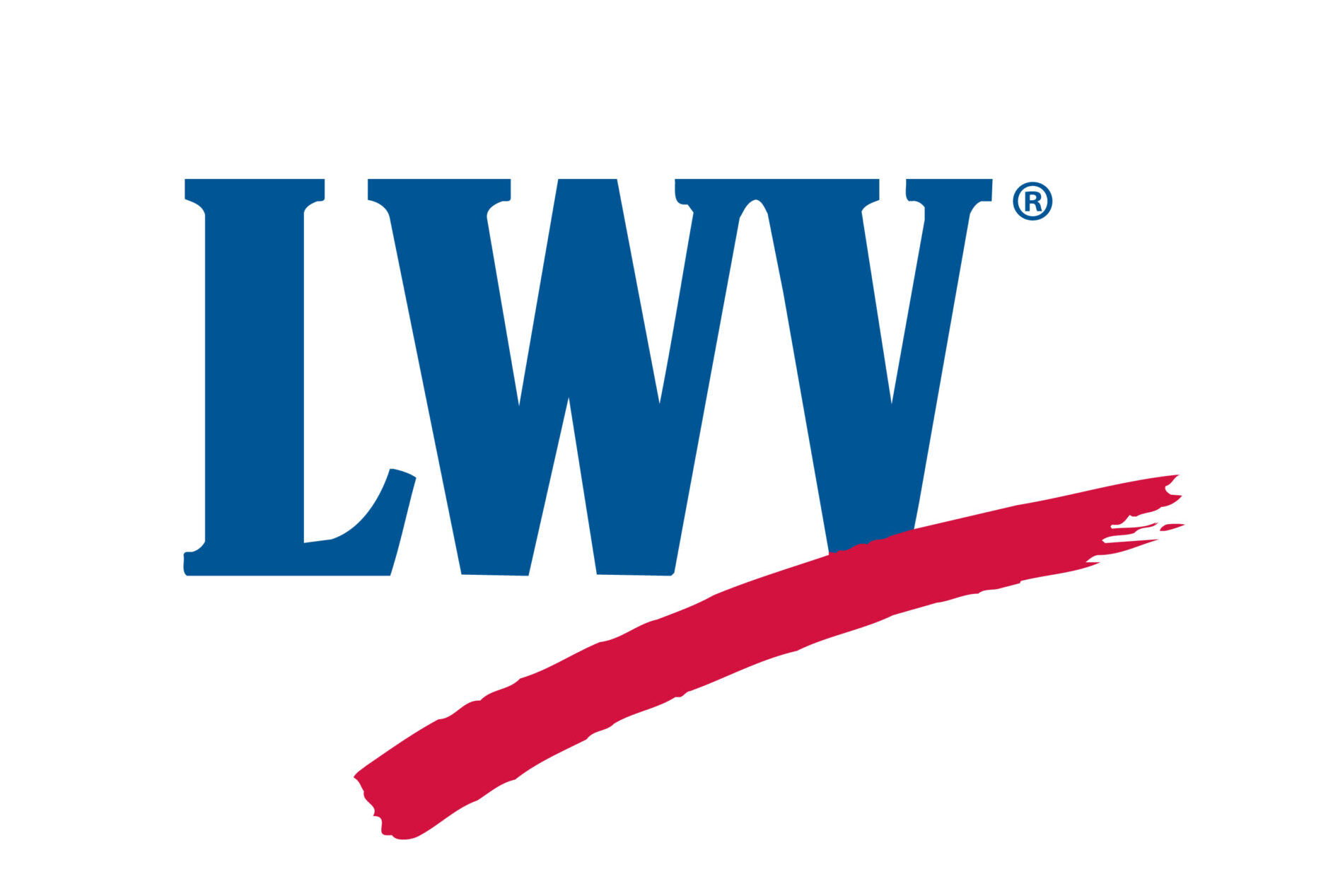 What is an Observer Corps?
What is an Observer Corps?
An Observer Corps is a structured way for individuals to exercise their right to know. Organized under the auspices of a grassroots organization such as the League of Women Voters, they provide a valuable service to the community. They help ensure that citizens are aware of the decisions that impact their lives and they promote government transparency and accountability.
Who can be an Observer?
An Observer is any individual who attends a governmental meeting, notes what happens at the meeting, and reports back to the League and (hopefully) the community. By attending public meetings of local governmental bodies/agencies, observers learn more about what their government is doing. They learn about the issues facing their community and are empowered to take action, if warranted. They also learn how issues are being addressed. If you are a LWV Observer, you are representing the local League, and should be a member. You can go to meetings on your own or with another Observer, and compare notes.
What do Observers do?
Observers keep elected and appointed officials on notice; they let them know that someone is watching what decisions are being made and how they are being made. They help ensure that the issues facing their community are being handled “in the sunshine,” in an open, acceptable way. Ideally, observers are monitoring both the issues being discussed as well as the process by which they are being discussed. Observers take notes on both issues and process on an Observer form, and submit these to the League office by email or regular mail.
What should Observers NOT do?
Observer programs are not vehicles for individuals to work personal or partisan agendas. Observers generally do not “act” on issues in these meetings. Unless serving as a designated spokesperson for the League, observers should not provide commentary or testimony on issues on behalf of the League. Instead, observers attend meetings to gather information. Through the process, their presence encourages better, more transparent government. Observer programs benefit the observers, the organization organizing the observer program and the community.
When and how often should I go to a meeting?
You can go to meetings regularly or once in a while, as your schedule permits. Meetings can also be observed online through streaming, although in person attendance makes you more visible to the participants and allows you to observe the entire process and environment. Check the schedules of local boards and councils to see when they meet, and if they are open. Arrive early enough to check in if required and find a seat. Wear an Observer Badge.

